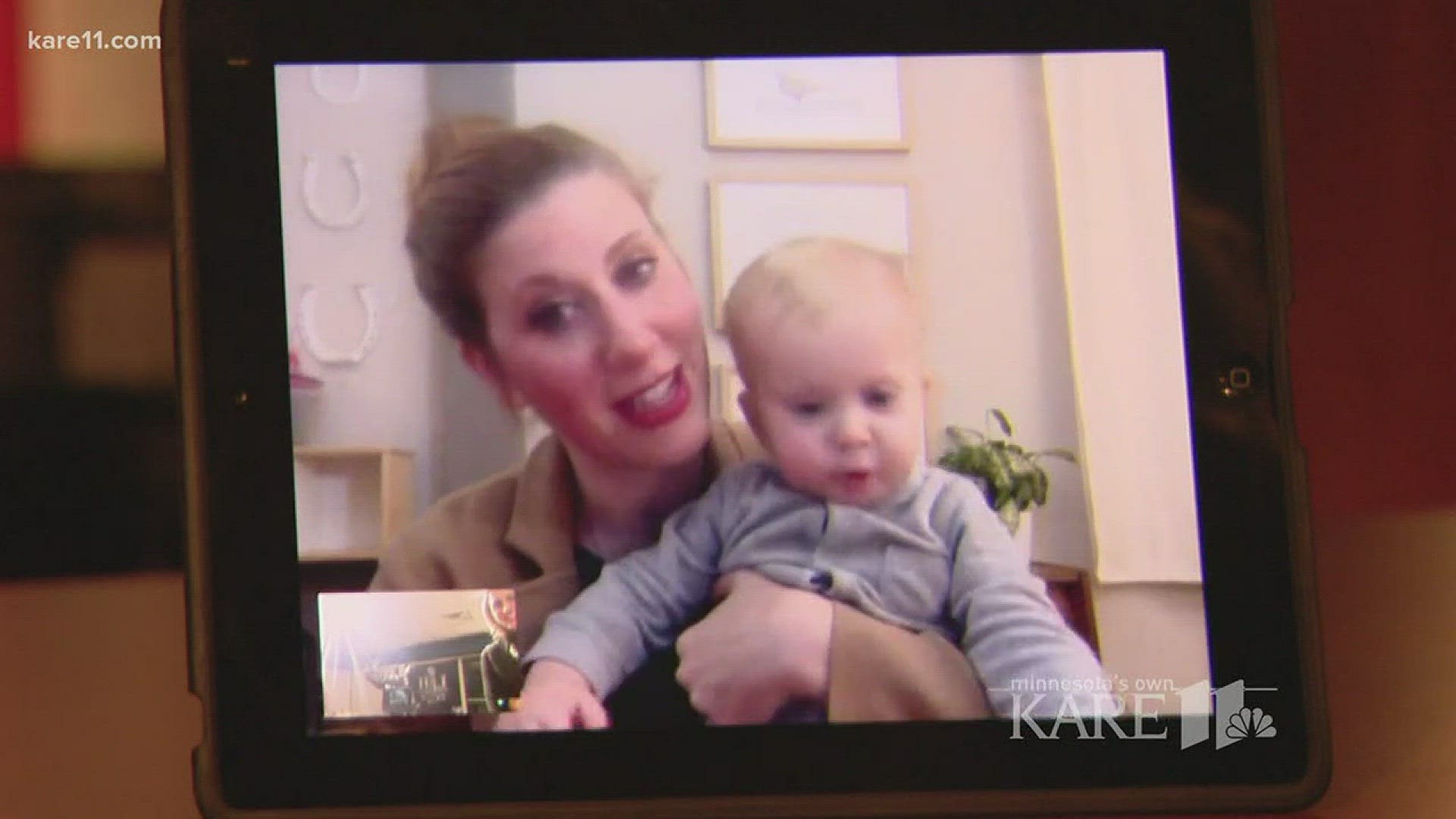MINNEAPOLIS - If it's been going around, the Dohman family, of West St. Paul has caught it.
Two cases of RSV and two cases of strep were just the beginning. Over the holidays, all five family members contracted influenza.
“We haven't had a single prescription in the house for five years, and suddenly we kept getting hit left and right,” said Katie Dohman.
Her 11-month-old son, Eero, was hit the worst, when his flu turned into pneumonia, leaving Dohman to rush him to the emergency room.
“That's when I hit the panic button. He had a fever of almost 105 and was like a little rag doll, and it was really scary,” said Dohman.
New numbers from the Centers of Disease Control show the flu season is off to a fast and brutal start, already widespread in 46 states, including Minnesota.
Minnesota Department of Health has tracked more than 1,000 hospitalizations since flu season began and points to rising hospitalizations in a flu season that has not yet reached its peak.
At the University of Minnesota, Mark Schleiss, MD, a professor of pediatrics, calls the spread of influenza 'explosive' across the Twin Cities, pointing to a mismatch between the circulating influenza strain and the vaccine.
“Every year the influenza vaccine designed predicated typically in what circulates in southern hemisphere during their winter, our summer. We had observed strains circulating in Australia and New Zealand were not a good match for the vaccine,” said Dr. Schleiss.
“Unfortunately, the resources and infrastructure and work going into designing a vaccine is a long-term process that take time. Even though we had a sense going in we might be predisposed to the so-called Australian flu, there wasn't time to change the vaccine preparation and that appears to be what happened this year,” he said.
Dr. Schleiss said influenza is a very challenging virus because it mutates so rapidly but he said a priority among researchers is developing a better flu vaccine. Influenza causes an estimated 40,000 deaths in the US every year, hitting children and elderly people the hardest.
“We still believe that any degree of protection is better than none at all, so people who got the flu vaccine for their children did the right thing,” said Dr. Schleiss.
Just ask a mother who went to every degree to finally see her baby's smile return.
“We do lots of things that don't work 100 percent of the time to protect us but we do them anyway,” said Dohman. “I am just so thankful we have a great health community here.”
Dohman said her son Eero is still on the mend but hopefully soon healthy enough to get the second round of his influenza vaccine.
“I would just say don't be afraid to advocate for yourself, get the vaccine, wash your hands, stay home, and don't share this, it's really awful.”

